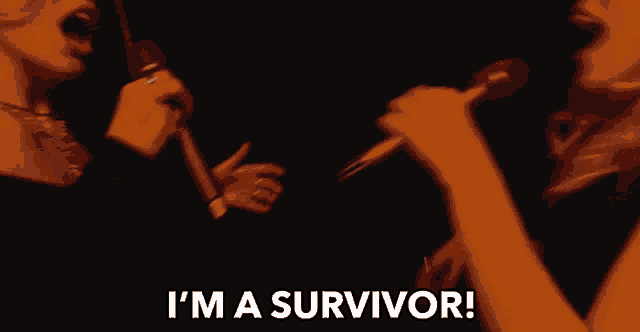Betty White, a beloved icon known for her wit, warmth, and fearless spirit, left an indelible legacy not just through her work on screen, but in the stands she took behind the scenes—often long before it was popular to do so. One of the most powerful examples of this came in the 1950s, when White was asked to remove a Black dancer from The Betty White Show because of the color of his skin. Her response? Classic Betty: “I’m sorry, but he stays...Live with it!”
"He stays... Live with it!"
— Betty White
This was during the height of racial segregation in America, and the performer in question was tap dancer Arthur Duncan, a young and incredibly talented artist at the time. White had given him his television debut, a significant moment for any entertainer, especially for a Black performer in the Jim Crow era.
Betty White broke barriers, defied expectations, served her country, and pushed us all to laugh. Barack and I join so many around the world who will miss the joy she brought to the world. I know our Bo is looking forward to seeing her up in heaven. pic.twitter.com/tVL7NUw2TT
— Michelle Obama (@MichelleObama) January 1, 2022
In a 2017 appearance on Steve Harvey’s Little Big Shots: Forever Young, Duncan recalled just how much of a difference White made in his life. “I was on the show, and they had some letters out of Mississippi and elsewhere that some of the stations would not carry the show if I was permitted to stay on there,” he said. “Well, Betty wrote back and said, ‘Needless to say, we used Arthur Duncan every opportunity we could.’”
"We used Arthur Duncan every opportunity we could."
— Arthur Duncan
White’s decision wasn’t without consequence. The Betty White Show was repeatedly moved to different time slots and ultimately canceled in 1954—the same year the Supreme Court ruled segregation in public schools unconstitutional. While no one knows for certain if her refusal to comply with racist demands played a role in the show's cancellation, the timing is telling.
In 1954 Betty White had a talk show and faced criticism for including a black tap dancer, Arthur Duncan, on her show.
Betty responded with “I’m sorry. Deal with it” and gave Duncan more airtime. Her show was cancelled afterwards. pic.twitter.com/toipvY9cyQ
— AFRICAN & BLACK HISTORY (@AfricanArchives) December 6, 2021
She stood up when others stayed silent
That same year, Duncan made history as the first Black regular on a television variety show when he joined The Lawrence Welk Show, where he stayed for over two decades. But it all began with the opportunity Betty White gave him.
In the 2018 PBS documentary Betty White: First Lady of Television, Duncan praised White for jumpstarting his career. “I credit Betty White for really getting me started in show business. People in the South, some of them resented me being on the show and wanted me thrown out. And it was never a question at all.”
"It was never a question at all."
— Arthur Duncan
White, reflecting on the controversy decades later, explained in the same documentary just how serious the pressure was. “All through the South there was this whole ruckus, they were going to take the show off the air if we didn’t get rid of Arthur because he was Black,” she said. “I said, ‘I’m sorry, but he stays...Live with it!’”
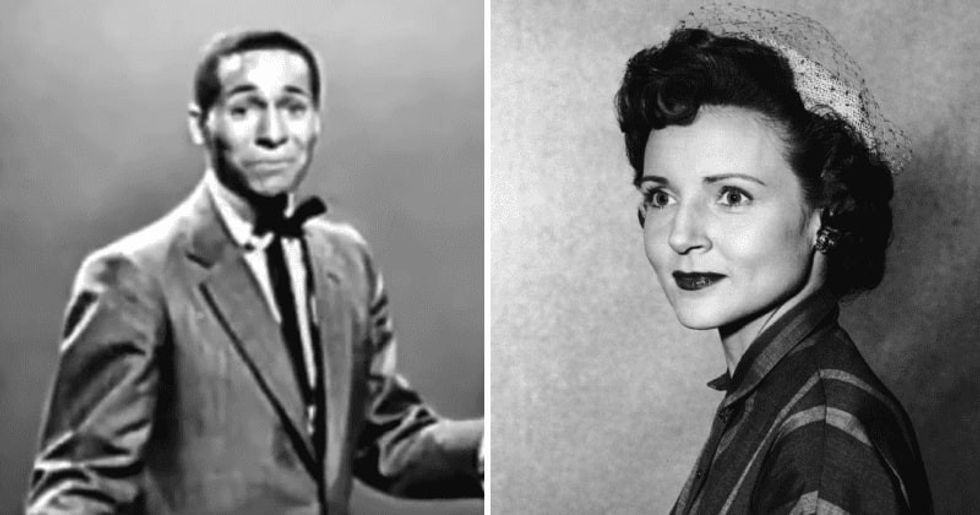
It wasn’t just Duncan who benefited from her defiance. White reportedly ignored racist complaints more than once, even featuring a Black child during her show’s regular children’s segment—an equally bold move in an era of strict segregation and overwhelming prejudice.
A bond that lasted decades
Their bond came full circle when Duncan reunited with White on Steve Harvey’s Little Big Shots. Standing next to her, he joked, “I’m ready to go now,” then told her he hoped they’d have a chance to talk after the show. White, ever the charmer, shot back, “Oh, I hope so. You never call. You never ask me out.”
She even encouraged Duncan to perform a tap routine for the audience—just like old times.
Betty White passed away on December 31, 2021, just weeks shy of her 100th birthday. The outpouring of love in the wake of her death reminded the world of her many gifts: her comedic brilliance, her boundless charm, and her deep empathy. But this story—of her standing tall against racism when few others would—is a shining example of her quiet bravery and moral clarity.
White may be gone, but her legacy is etched into television history—and into the lives of those she helped simply by doing what she believed was right. In a time when progress is still fragile, her example reminds us all of the power in standing firm for justice.





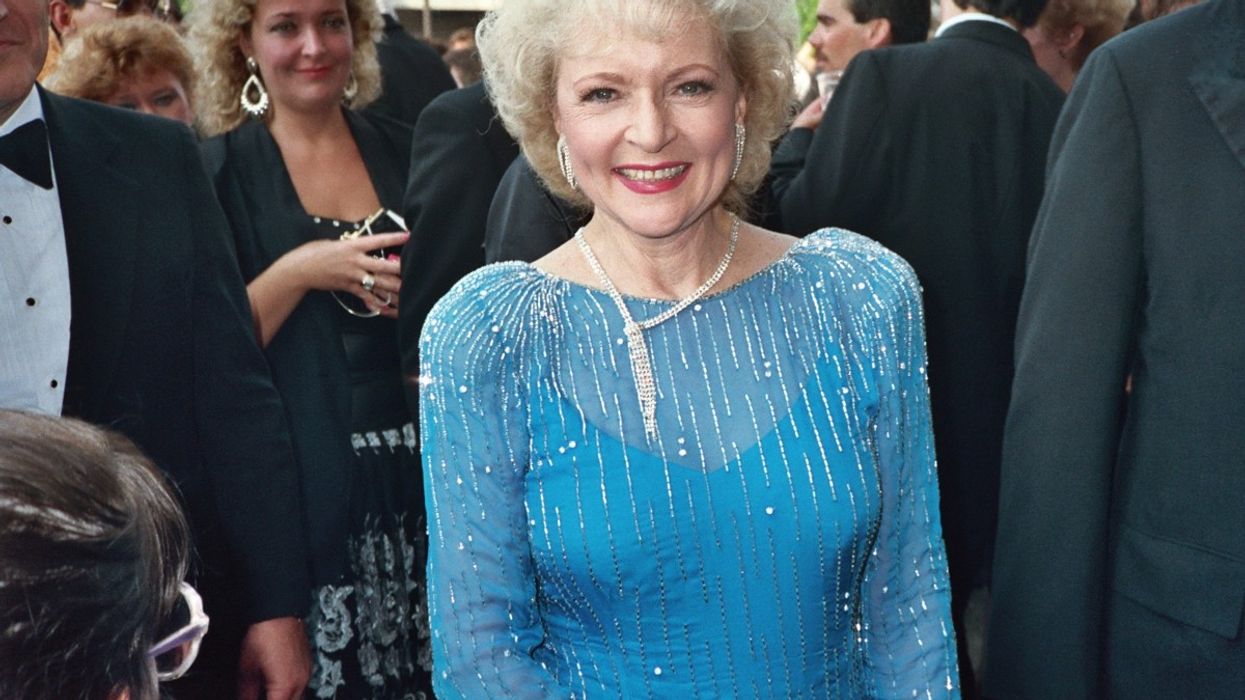






 It wasn't even February, so she wasn't expecting what came next.
It wasn't even February, so she wasn't expecting what came next.  The hug came first, the 'yes' took a few moments more.
The hug came first, the 'yes' took a few moments more. 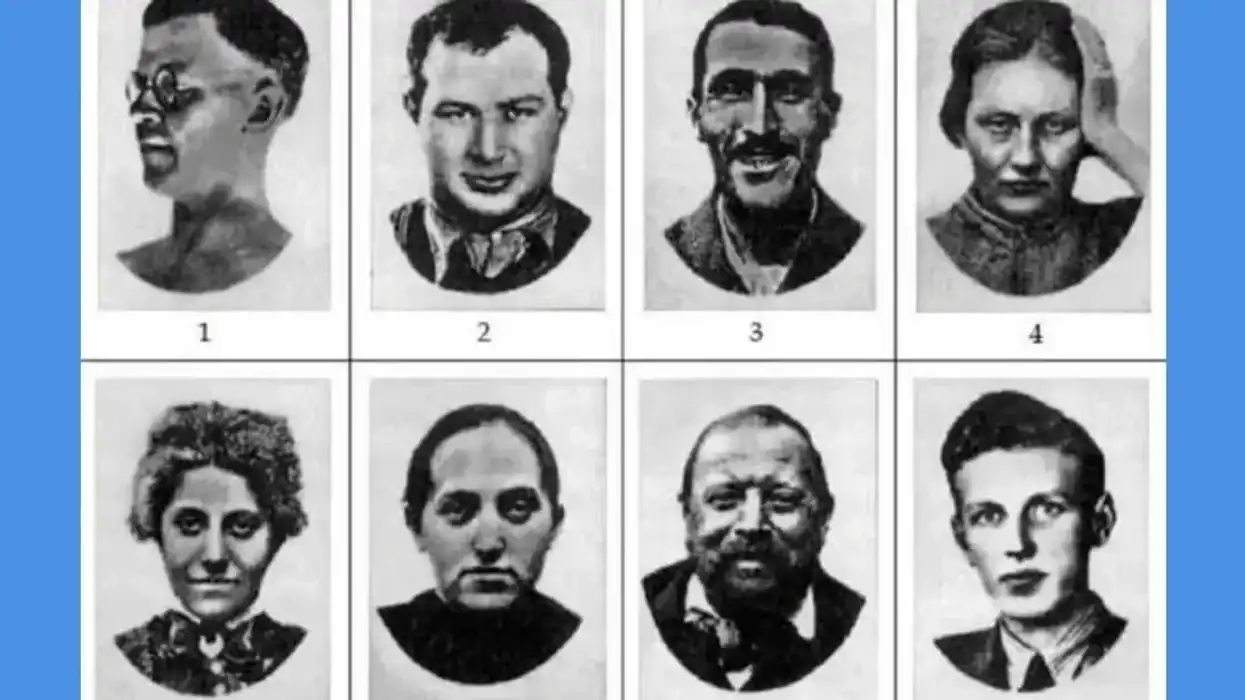

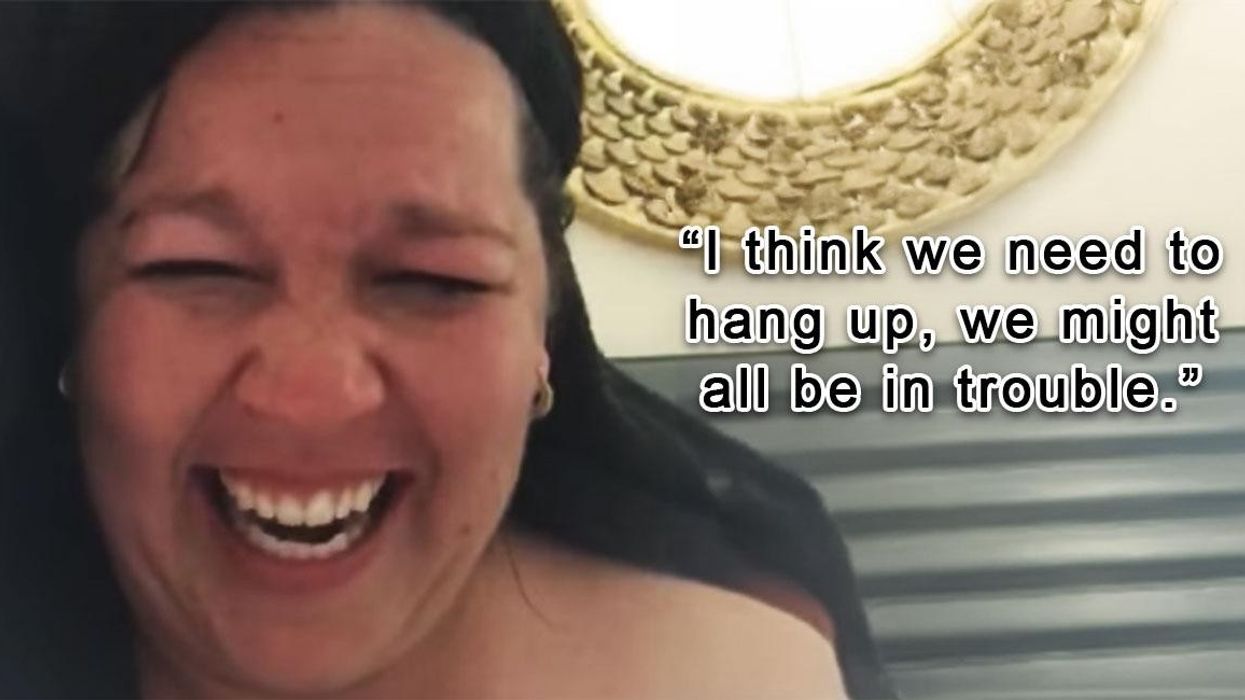

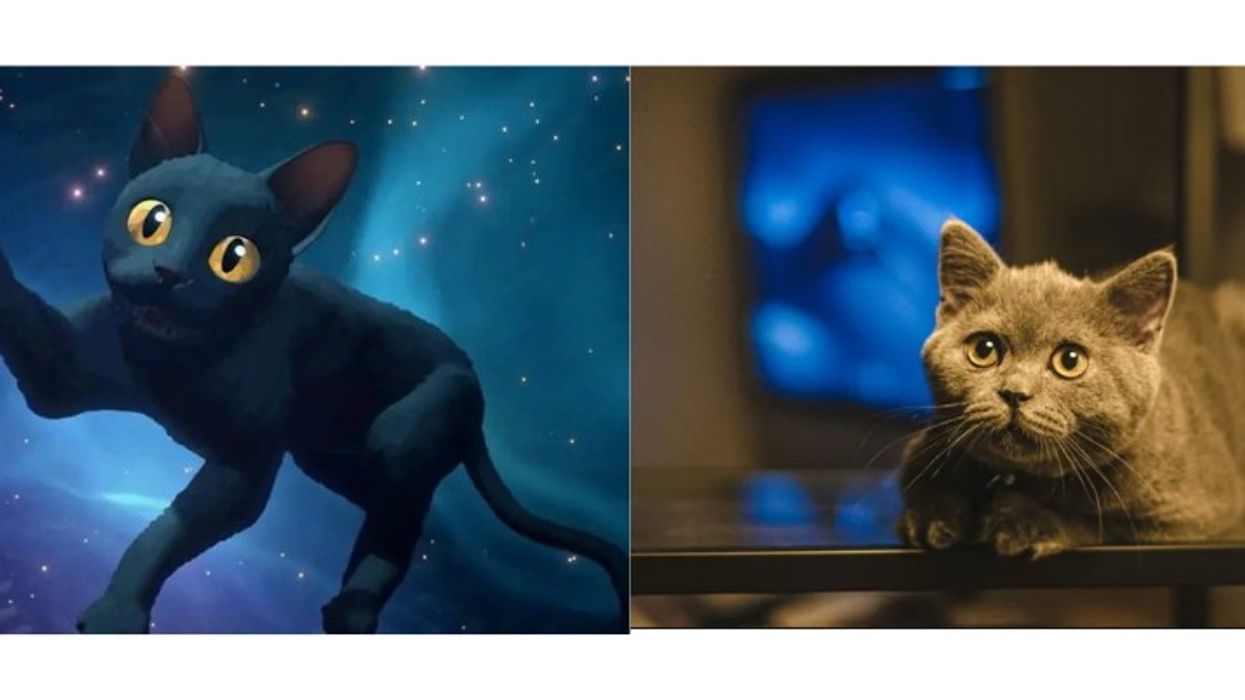

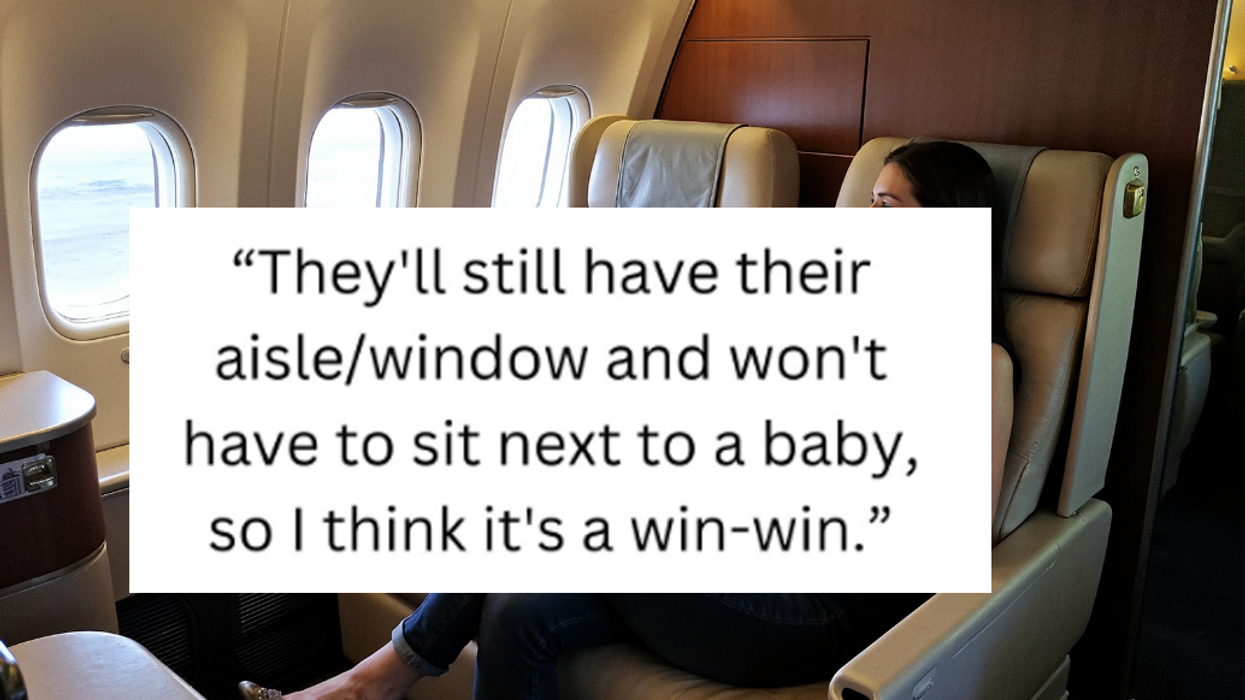
 Representative Image Source: Pexels | Oleksandr P
Representative Image Source: Pexels | Oleksandr P  Layout of the plane seatsImage Source: Mumsnet |
Layout of the plane seatsImage Source: Mumsnet | 




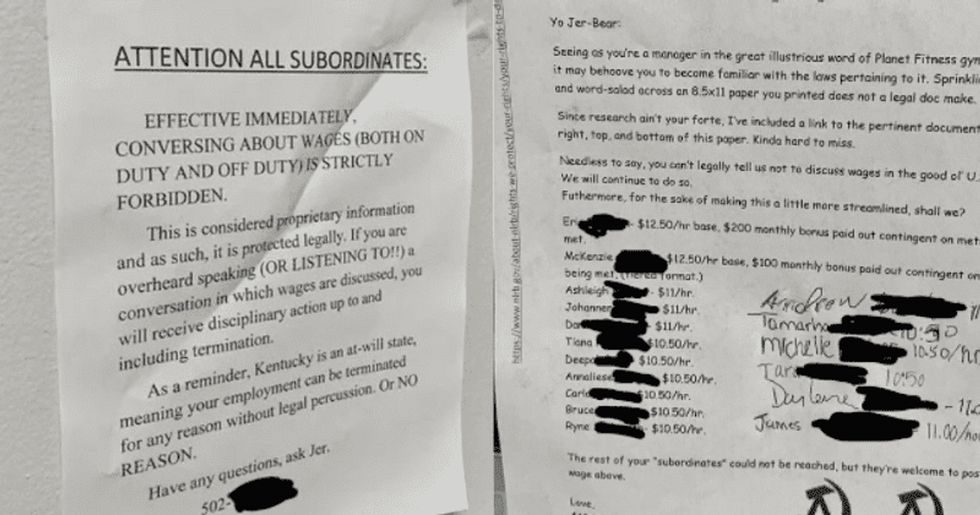 Image Source: Joshua Potash | Reddit
Image Source: Joshua Potash | Reddit 
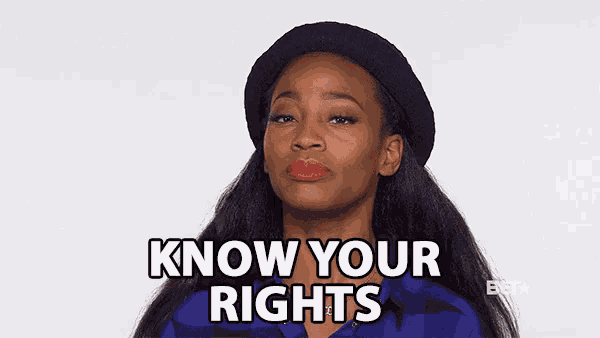

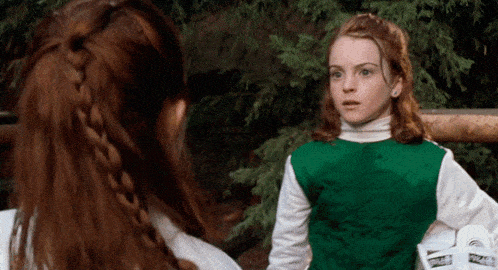
 Representative photo by luis arias |
Representative photo by luis arias | 
 Representative photo by Jamie Lee |
Representative photo by Jamie Lee | 
